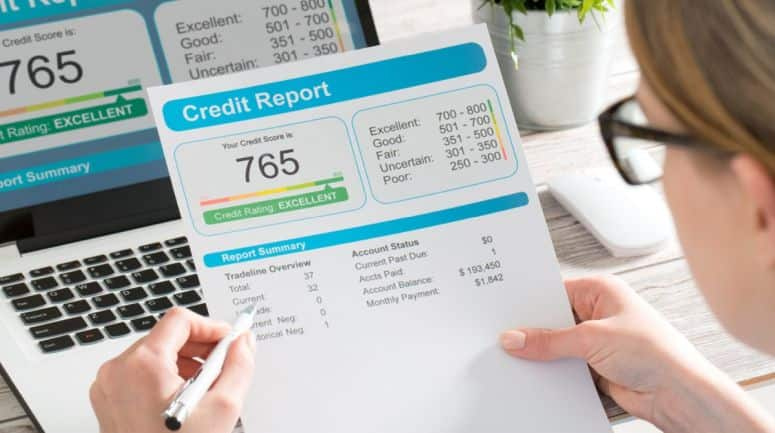TheFinQ.com is designed to be your one-stop destination for everything related to cards, loans, and investment products across India. We help you compare and choose the best financial products that suit your needs, including:

A sudden financial need often pushes people to apply for personal loans. Banks and NBFCs (Non-Banking Financial Companies) generally process loan applications quickly, especially for salaried individuals or government employees. However, your credit score plays a significant role in loan approval. A poor credit score can limit your chances of getting a loan, as lenders prefer borrowers with strong financial credibility.
A credit score is a three-digit number assigned by credit rating agencies based on an individual’s financial behavior. This score typically ranges between 300 and 900:
A credit score above 700 is generally considered favorable by lenders. It signifies responsible financial behavior, such as timely repayment of loans and credit card bills. On the other hand, a score below 700 often raises red flags, making it harder to get a loan.
While a low credit score poses challenges, it doesn’t entirely eliminate the possibility of securing a loan. Some NBFCs and private lenders offer loans to individuals with poor credit scores, though at higher interest rates and stricter repayment terms. However, before opting for such loans, it’s essential to understand the implications:
Several factors can lead to a low credit score:
Improving your credit score can open the doors to better loan options. Follow these strategies:
Request your credit report from credit rating agencies such as CIBIL or Experian. Check for inaccuracies or outdated information, such as loans you’ve already repaid or incorrect entries. File a correction request with the respective agency to fix these errors.
Unpaid credit card bills or loan EMIs can significantly lower your score. Focus on clearing these dues immediately to reduce liability and improve your credit rating.
Ideally, your credit utilization ratio should not exceed 30% of your total credit limit. For example, if your credit card limit is ₹1 lakh, keep your usage under ₹30,000 to maintain a healthy score.
Every loan application generates a hard inquiry, which lowers your credit score. Limit the number of applications and apply only when necessary.
Opt for secured loans such as gold loans or fixed deposit-backed loans. These require collateral, making approval easier even with a low credit score. Timely repayment of these loans can also boost your credit rating.
If a family member with a good credit history adds you as an authorized user to their credit card, it can positively impact your credit score.
If you need immediate funds and your credit score is low, consider these alternatives:
Many NBFCs specialize in offering loans to individuals with bad credit. While the interest rates are higher, they’re an option when banks deny approval.
P2P lending platforms connect borrowers directly with individual lenders. These platforms often have more lenient eligibility criteria, though interest rates can vary widely.
Credit unions are community-based financial organizations that may offer loans at reasonable terms, even to those with poor credit histories.
Ask a family member or friend with a good credit score to co-sign your loan. The co-signer’s credibility can help secure approval at better terms. However, ensure timely repayment to maintain trust and avoid affecting their credit score.
Check if your employer offers salary advances or short-term loans. These are often interest-free or come with minimal charges, making them a viable option.
Once you’ve improved your credit score, it’s crucial to maintain it. Follow these tips:
| Criteria | Good Credit Borrower | Bad Credit Borrower |
|---|---|---|
| Interest Rates | Low | High |
| Loan Tenure | Flexible | Restricted |
| Approval Time | Faster | Slower |
| Eligibility | Easier | Strict |
| Loan Amount | Higher | Lower |
If you’re struggling to get a loan due to bad credit, use these temporary fixes:
By adopting these strategies and focusing on improving your credit health, you can overcome the challenges of bad credit and secure financial assistance when needed.